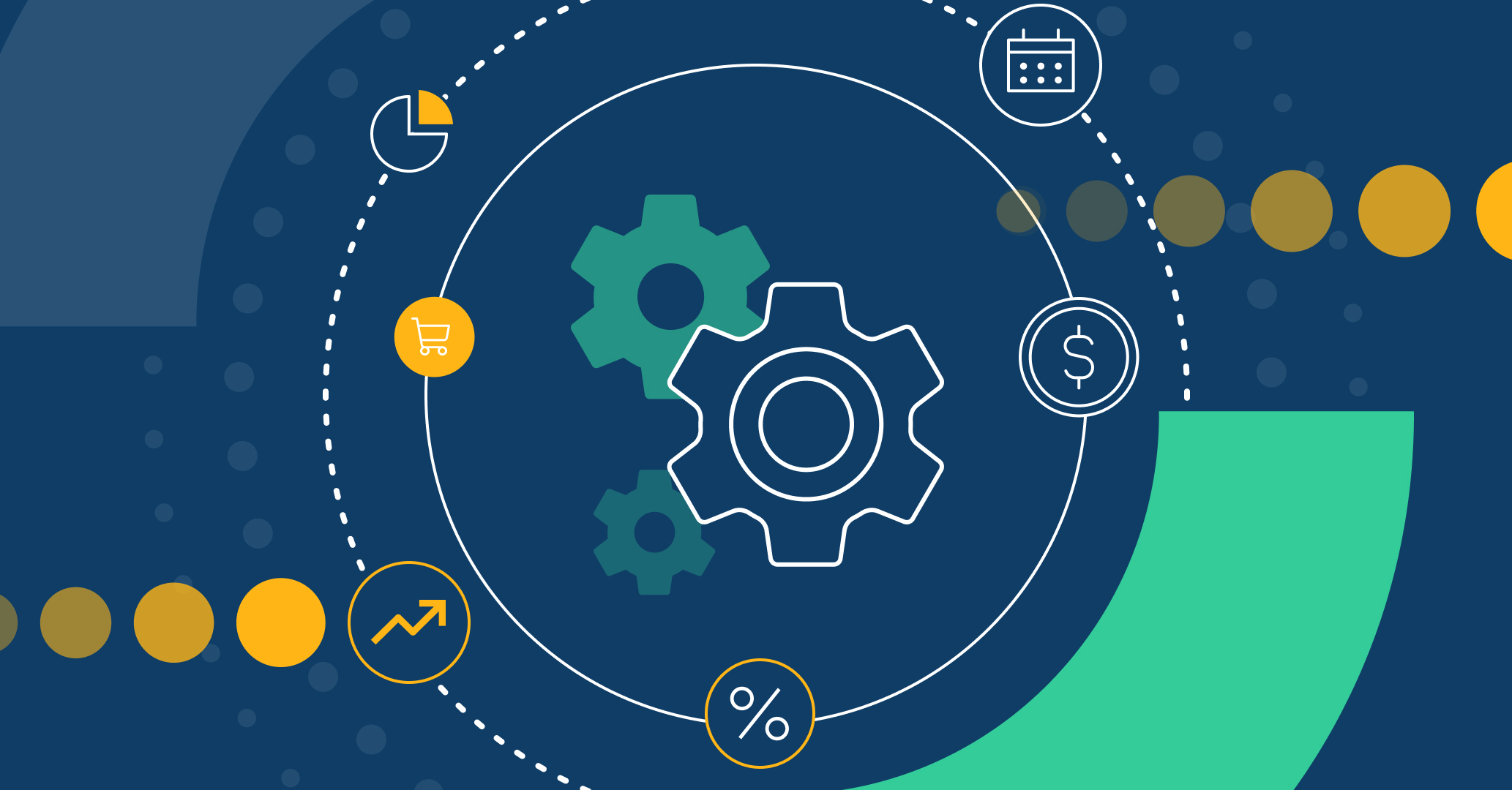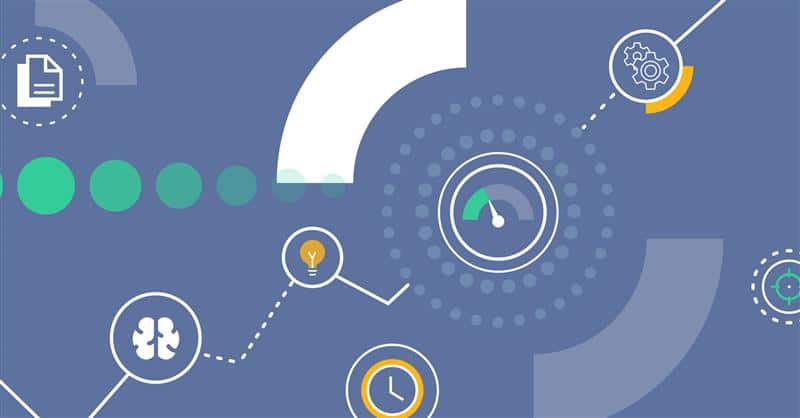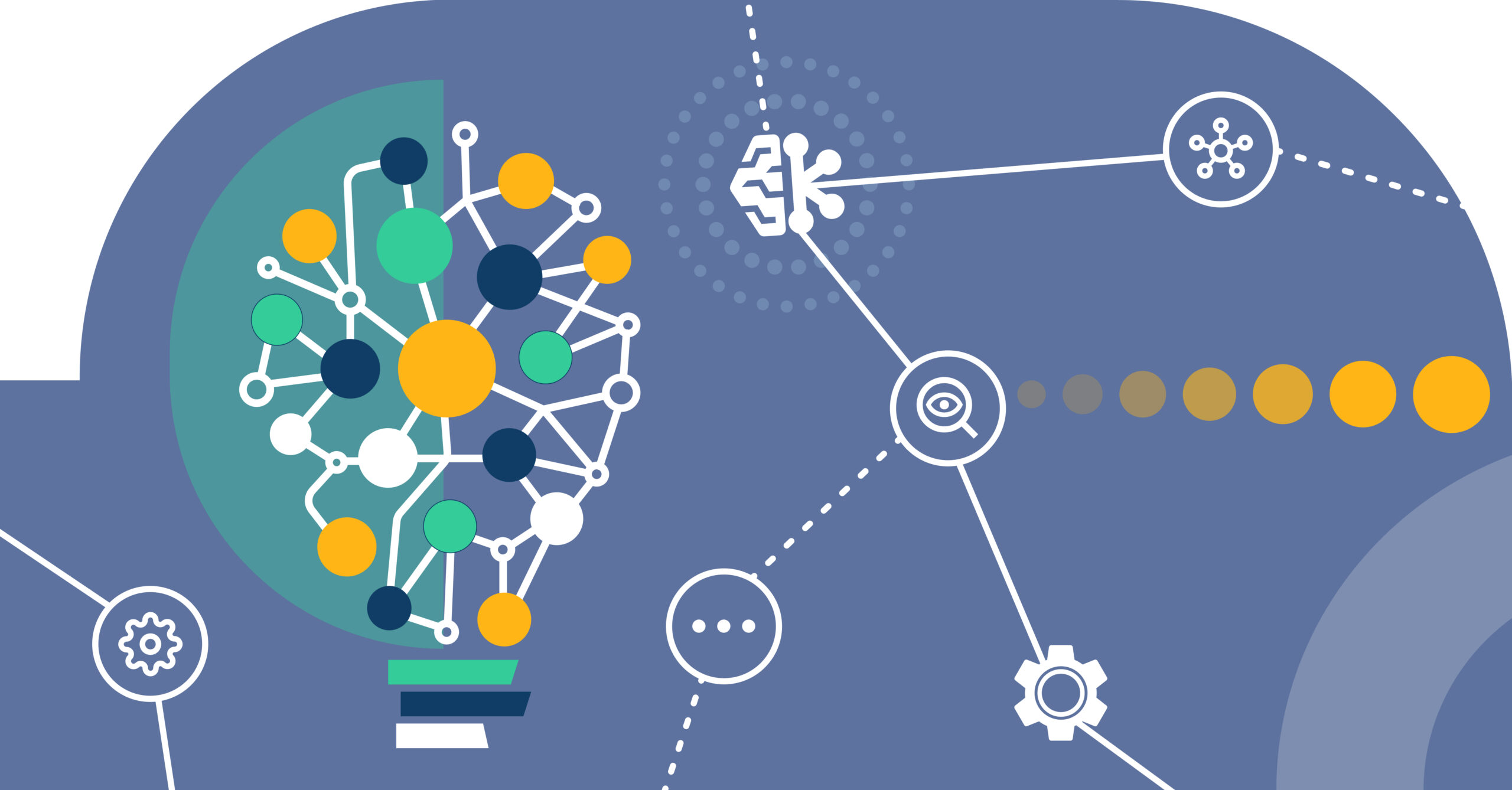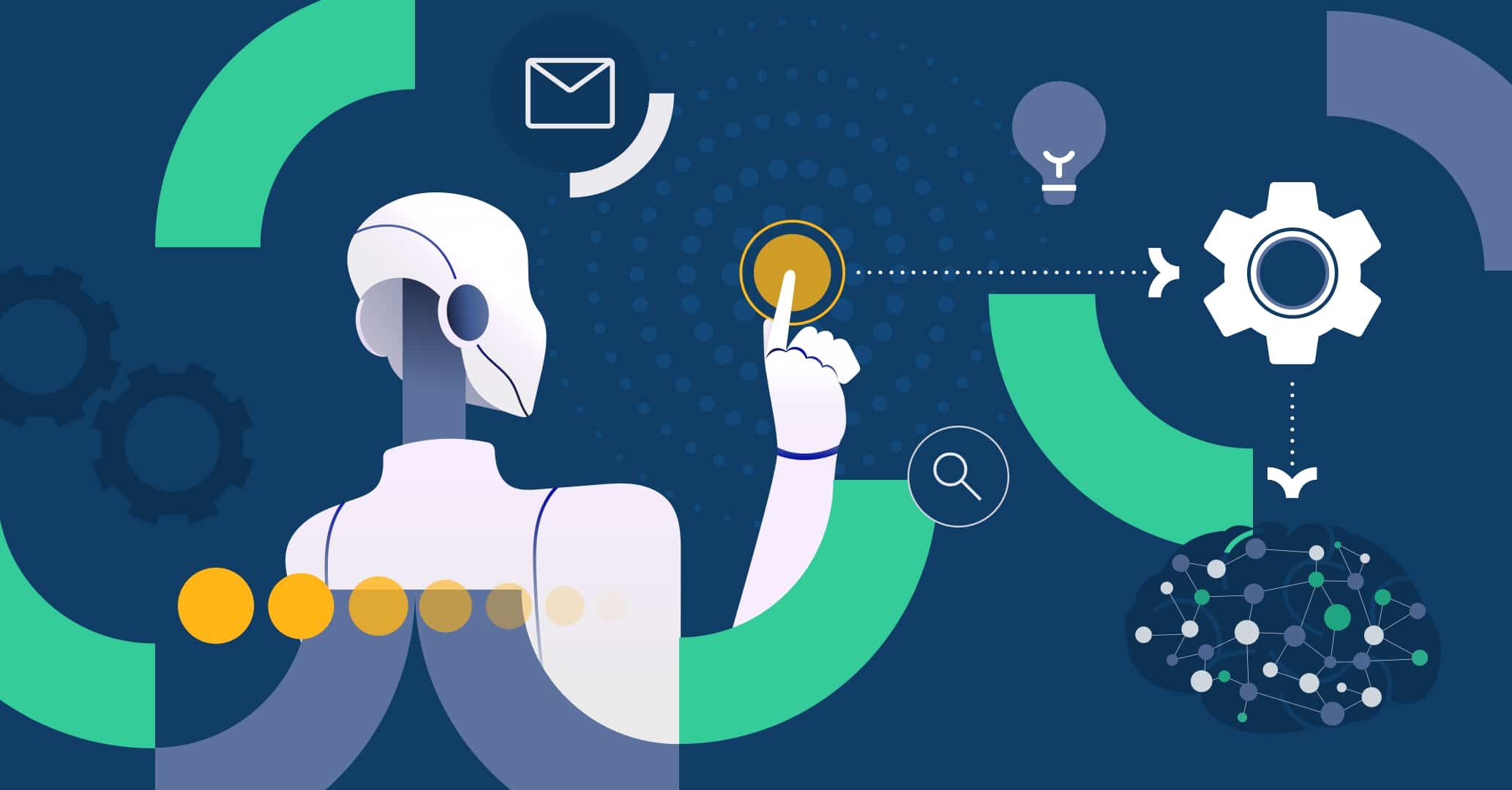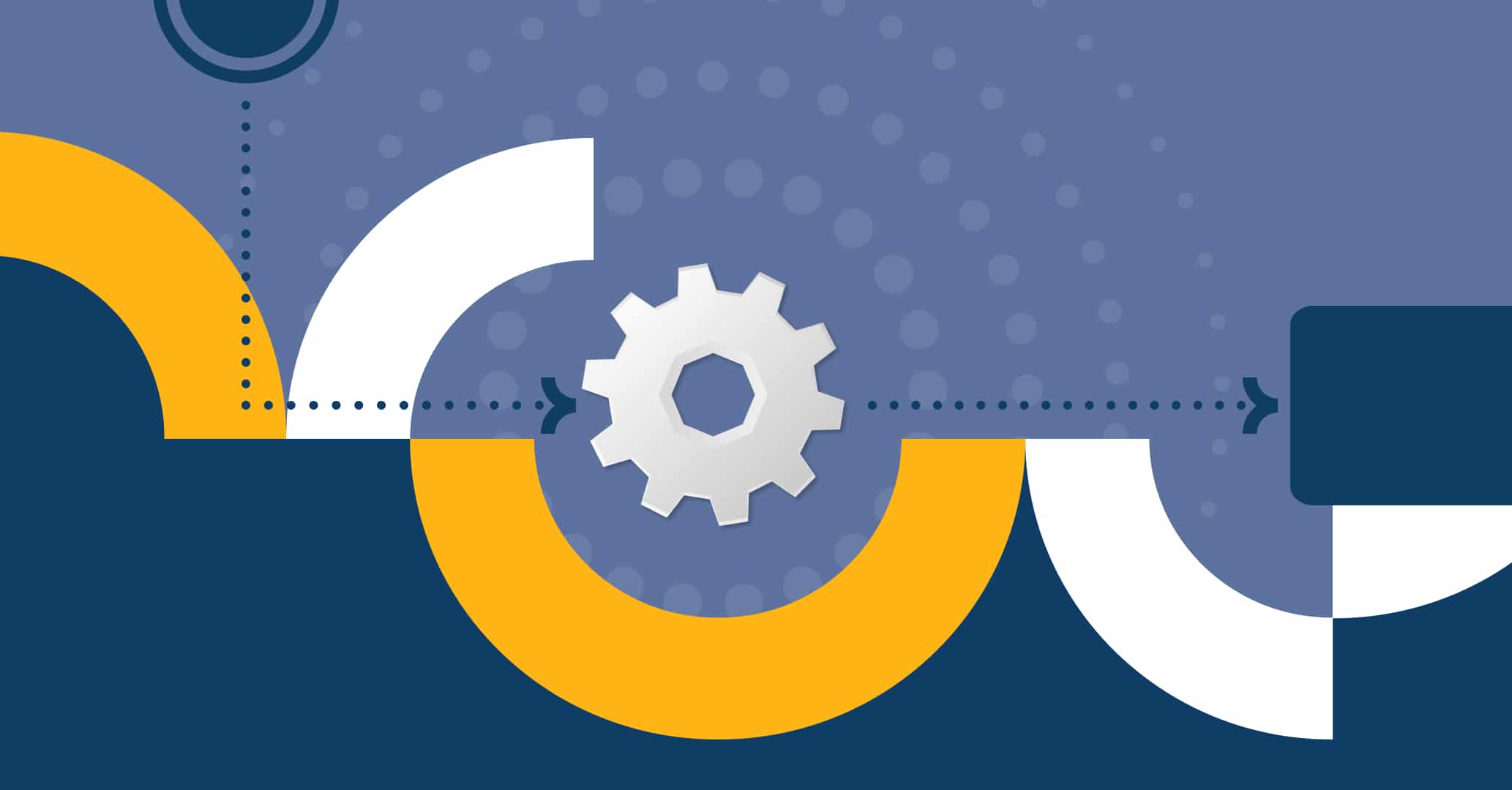Introduction
Project management is not just about the execution of tasks, but it equally emphasizes proper document management. Documentation is an essential part of project management, mainly for two purposes, i.e., to fulfill project requirements and ensure traceability.
Moreover, a project involves extensive information sharing, which is mostly shared in the form of documents, such as reports, agreements, design files, etc. Therefore, there should be a proper document management system in place. This is where the BPM (Business Process Management) tool comes into play.
A BPM suite provides a set of tools to design, execute, and optimize business processes, including document management. It streamlines how the whole document management is carried out throughout the project. Therefore, this article will talk deeply about the role of BPM in document management for effective software project management.
Essential documents for software project management
A software project involves an extensive set of documents that keep flowing throughout the project lifecycle. Some of the essential documents for software project management include:
- Project charter: This is a contract-type document that presents the essential project details such as milestones, schedule, budget, etc.
- Project business case: This document presents the business value of the project and its value for the company/customers.
- Project requirements: This document details all the minor to major project requirements.
- Project management plan: This document presents the comprehensive plan to manage the whole project from its start to final delivery.
- Design document: This document presents the design-related material of the product/service being developed.
- Project budget: This document details the complete budget plan for the project and keeps updating as the project proceeds.
- Project status report: This document provides the status report of the project and sends it to stakeholders to update them about the progress.
- Project risks log: This document records the potential risks linked to the project.
- Project test cases: This document details the test scenarios to test the functionality and quality of the developed product/service.
- Project change request: This document is used to request a change to the project schedule, scope, budget, or any other aspect.
- User manual: This document presents all the details on how to use the developed product/service.
Other than the above documents, there can be other documents generated by the project team. In short, a software project will involve a wide range of documents, which necessitates a proper system for document management.
How does BPM facilitate document management?
Throughout the project, the project team receives, creates, and shares documents with other teams and stakeholders. Therefore, there should be a centralized process to generate, access, and share documents. This is exactly what project teams can achieve by integrating BPM with document management.
Business Process Management (BPM) is a software solution that automates the improvement of business processes by helping companies design, model, execute, and improve business processes, such as document management. In short, it helps streamline workflows by automating tasks where possible.
How BPM can facilitate document management is evident from the below points:
1. Generation of necessary documentation
BPM can automate the creation of documents based on specified rules, data sources, and templates. This helps to ensure the timely generation of necessary documents, reduces manual errors, and saves significant time and resources. For example, the Qflow BPM tool can automate the process of generating invoices, contracts, reports, and similar other documents based on specific triggers and templates.
2. Centralized documentation for efficient collaboration and shared access
BPM offers a structured repository to manage documents. It can centralize document management where different documents are placed in an organized way. This centralized documentation offers shared access to team members, which helps to streamline collaboration, especially with remote members. Furthermore, tools like Qflow BPM can even ensure real-time access to up-to-date documents, automated version control, and collaborative editing.
3. Traceability of documents
Integrating BPM with document management also helps to trace and audit documents easily. The project manager gets a complete view of documents’ flow, access, and changes. This facilitates auditing, mitigates risks, and ensures regulatory compliance.
Overall, BPM is an advanced and much-needed way to organize and automate the process of managing documents throughout the project lifecycle.
Project milestone tracking with BPM
As mentioned earlier, BPM automates business processes, so its capabilities are not just limited to generating and managing documents. Another place where BPM can play a game-changing role is project milestone tracking.
Every project requires tracking milestones to proceed in the right direction and visualize the current position of the project. BPM systems enable the establishment of specific workflows for project management, ensuring detailed tracking of milestones and tasks. To better understand, let’s consider an example.
Consider that your project team wants to track the implementation of a new software system. The team can use the Qflow BPM tool to establish a well-defined workflow easily, which breaks down all the software implementation phases into separate milestones, such as planning, developing, reviewing, testing, deploying, etc. Inside these milestones, the team can even add relevant tasks.
This way, the workflow becomes a detailed project roadmap and a way to track project milestones and tasks. In addition, project managers can get real-time visibility into the status of milestones and tasks. Overall, integrating BPM for project milestone tracking increases productivity, accountability, and high-quality project deliveries.
Automation of approvals with BPM
A project involves many stages where the team needs to get approval. It can be related to the approval of documents or crucial decisions in projects. A BPM system facilitates this by simplifying and automating the approval process. Let’s consider an example to better understand how BPM can streamline approvals.
Consider that the software is developed and ready to release. However, the team still has to get approval for some important documents, such as user manuals, release notes, and compliance documentation.
The team uses the Qflow BPM tool and creates a document approval workflow. The team uploads all the documents to the BPM system, which initiates the automated approval process as follows:
- The BPM system sends the relevant documents to specific teams/stakeholders, such as quality assurance, legal, etc.
- The approval bodies also receive an automated notification.
- The Qflow BPM system keeps tracking the status of all documents and updates the project team once documents are approved.
This way, a well-designed workflow with a BPM system speeds up response times, reduces bottlenecks, and enhances agility in project execution. In addition, the project team can create similar workflows for making crucial decisions in projects that require approval from multiple teams/stakeholders.
Conclusion
The 21st century is at a rapid pace of technological advancements and innovations. That’s why every organization is looking to modernize and optimize its operations and processes. Since document management is a recurring task in a project, the BPM tool helps to streamline every phase of document management, from generation and sharing to approvals and syncing.
Besides that, BPM can also facilitate tracking project milestones, managing approvals, and much more. To wrap up, project teams should explore the possibilities of leveraging BPM and automating their processes through well-designed workflows with BPM.

